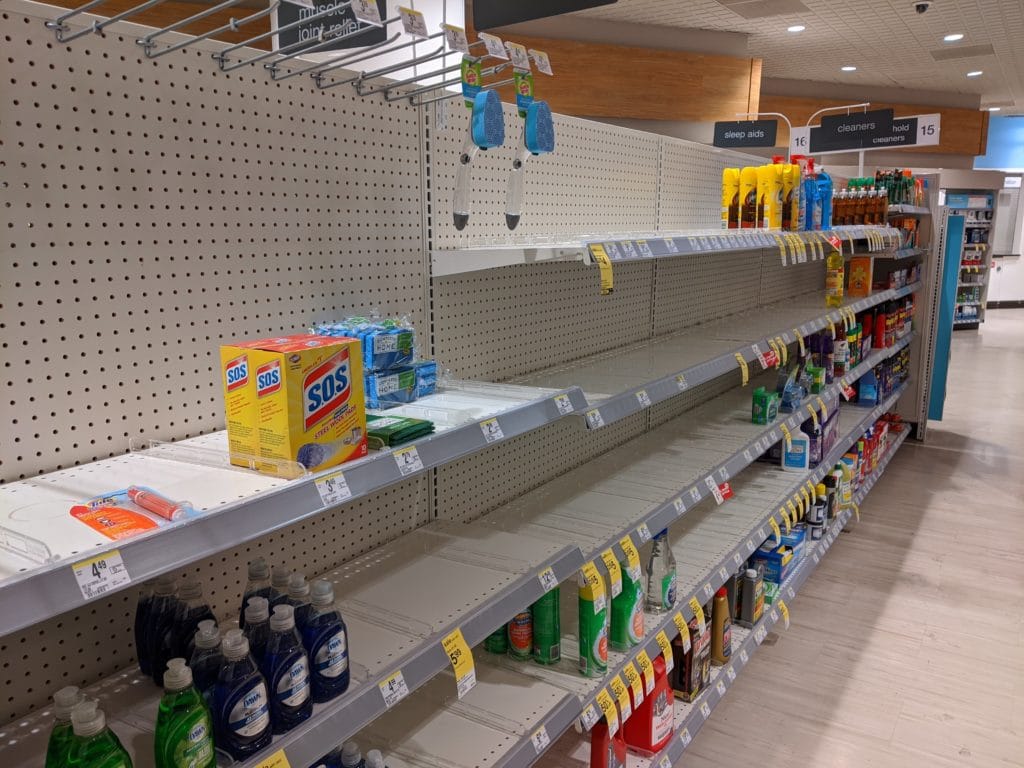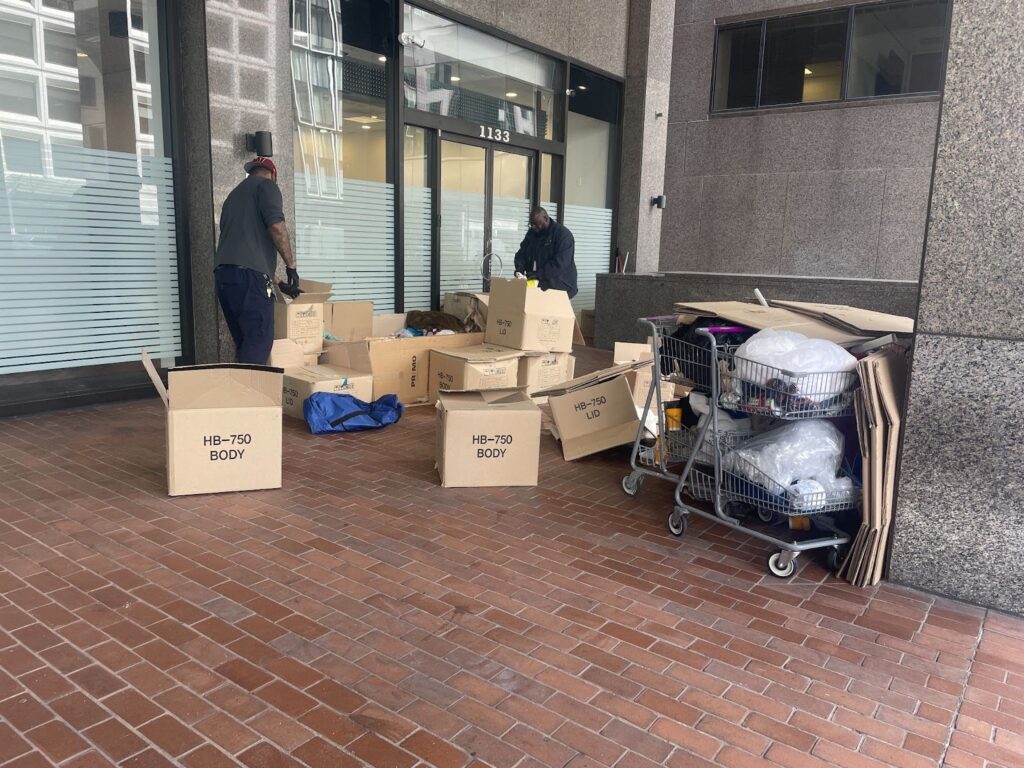Yesterday, Mayor Bowser declared a state of emergency in the District. Rightly so. Experts agree that social distancing now can prevent deaths from the quickly spreading the COVID-19 coronavirus. But what does a state of emergency look like for people already in crisis?
For individuals experiencing chronic homelessness, who are already in survival mode, the risk of COVID-19 is layered atop existing health challenges. In 2019 alone, 81 members of the D.C. homeless community passed away. The average age of somebody experiencing long-term homelessness is 55, with a life expectancy only in the mid-60s. This is an older population struggling with challenges like hypertension, diabetes, and respiratory diseases — the exact conditions putting people at greatest risk of dying from the coronavirus.
Our #coronavirus #infographic data pack gathers the best charts in one place & adds some of our own. More: https://t.co/c9FctYxSkZ pic.twitter.com/g3qn2qGC2z
— Information is Beautiful (@infobeautiful) March 9, 2020
While local government and nonprofits are coming together in powerful ways to address the urgent needs of our homeless population, we are reminded of something that has remained true for the entire 37-year history of Miriam’s Kitchen: Housing is healthcare and housing saves lives. Thanks to investments in proven solutions like the Permanent Supportive Housing Program, D.C. has connected thousands of individuals to housing that is improving the health and well-being of some of our most vulnerable neighbors.
Now more than ever, we need to continue to invest – and significantly scale up — solutions we know work to end homelessness and keep our residents healthy and safe. That’s why we are calling on Mayor Bowser to invest $71.2 million in her upcoming budget to end chronic homelessness for 1,800 households, prevent 2,150 individuals from entering long-term homelessness, and fully fund D.C.’s robust homeless street outreach program.
At Miriam’s Kitchen, we are driven by the strong belief that ending long term homelessness is possible. Our collective response to the coronavirus illustrates that when city, state, and federal governments work together toward a unified purpose, change can happen quickly. The same drive, dedication, and resources can also be harnessed to end homelessness. We commend Mayor Bowser for tapping into D.C.’s Contingency Cash Reserve to address COVID-19. Imagine what could be possible if the same heightened urgency was used to invest in ending D.C.’s homelessness crisis.
@NLIHC produced a fact sheet reminding all of us that providing people with housing is much more sensible than trying to mitigate infectious disease among people that are homeless or living in substandard conditions. https://t.co/NCTeQl6GLj
— Shamus Roller (@ShamusRoller) March 10, 2020
An illness as communicable as this coronavirus reminds us that we are all connected, and that our entire community’s health is impacted when just one of our neighbors is unwell. For the over 6,500 people experiencing homelessness in D.C., staying healthy is a challenge all year round, year after year. And in the face of a pandemic like COVID-19, it’s even harder.
It’s hard to wash your hands if you don’t have a sink. It’s difficult to rest when you don’t have a bed. And it’s hard to keep away from others if you’re living outside or in shelter. Simply put, you can’t “stay home” if you don’t have one.
In this time of increased awareness and uncertainty, we may feel powerless, but there is so much that we can do. In addition to taking care of yourself, you can donate to organizations working on the front lines. Or join our advocacy movement, The Way Home Campaign, to raise your voice and ensure city leaders invest in housing that saves lives. Providing our neighbors with the housing they need will make all of D.C. healthier. Today, like every day, housing is just what the doctor ordered.








